Market Trends
Key Emerging Trends in the Motorcycle Chain Market
The Motorcycle Chain Market is a dynamic industry that revolves around the production and distribution of chains for motorcycles, a crucial component for their functioning. In this competitive landscape, companies employ various market share positioning strategies to gain a significant foothold. One prevalent approach is cost leadership, where companies focus on becoming the low-cost producers in the market. This strategy involves efficient production processes, economies of scale, and cost-effective supply chain management. By offering competitive prices, companies can attract a large customer base, making their products accessible to a broad audience.
On the other hand, differentiation is another key strategy employed by companies in the Motorcycle Chain Market. This involves creating unique and innovative products that stand out from competitors. Differentiated chains could possess superior durability, reduced friction, or innovative design features. By highlighting these distinctive qualities, companies aim to capture a niche market segment willing to pay a premium for enhanced performance or aesthetic appeal. Successful differentiation not only builds brand loyalty but also acts as a barrier to entry for potential competitors.
In addition to cost leadership and differentiation, companies often pursue a focus strategy in the Motorcycle Chain Market. This involves concentrating efforts on specific market segments or geographical regions. By tailoring products to meet the specific needs and preferences of a particular group of consumers, companies can establish themselves as specialists in that niche. This approach enables them to build strong relationships with customers who value the specialized features of their products. Whether it's catering to off-road enthusiasts, sports bike riders, or commuters, a focus strategy allows companies to align their offerings with the unique demands of their chosen market.
Strategic alliances and partnerships also play a crucial role in market share positioning within the Motorcycle Chain Market. Collaborations with motorcycle manufacturers, retailers, or other industry stakeholders can open up new distribution channels and increase market reach. Through strategic alliances, companies can leverage the strengths of their partners, such as established brand reputation or extensive distribution networks, to enhance their own market presence. Joint ventures and collaborations also provide opportunities for shared research and development, enabling companies to stay at the forefront of technological advancements in chain manufacturing.
Furthermore, an emphasis on customer experience and brand image is becoming increasingly vital in the Motorcycle Chain Market. Companies invest in building strong brand identities that resonate with the values and aspirations of their target audience. A positive brand image not only influences purchasing decisions but also fosters customer loyalty. By providing excellent customer service, warranties, and post-purchase support, companies can enhance the overall customer experience, leading to repeat business and positive word-of-mouth marketing.
In conclusion, the Motorcycle Chain Market is characterized by intense competition, prompting companies to adopt various market share positioning strategies. Whether through cost leadership, differentiation, focus strategies, strategic alliances, or a focus on customer experience, each approach offers unique advantages in capturing and retaining market share. Successful companies often employ a combination of these strategies, adapting to market dynamics and customer preferences to secure a sustainable and competitive position in the Motorcycle Chain Market.


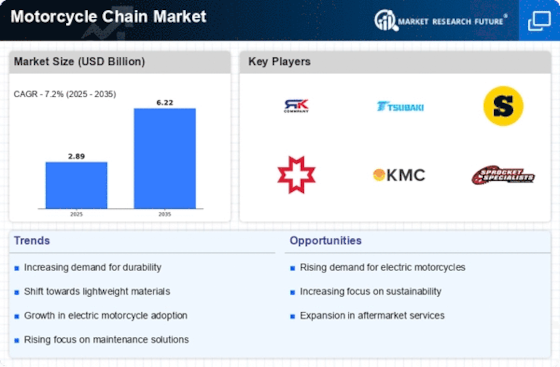
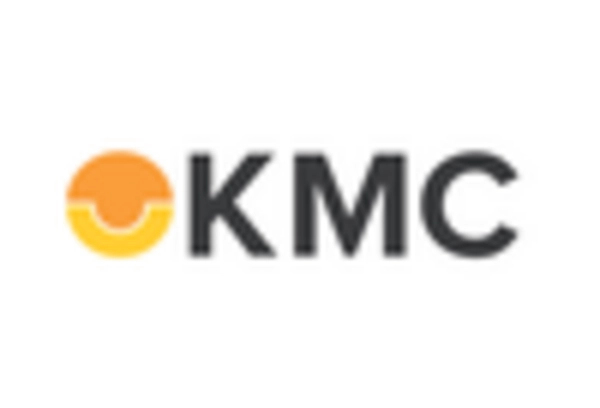
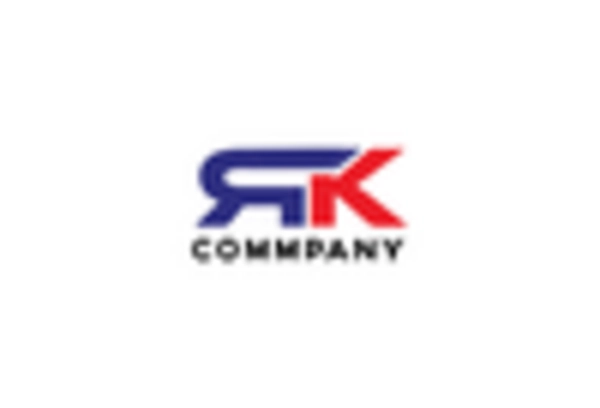
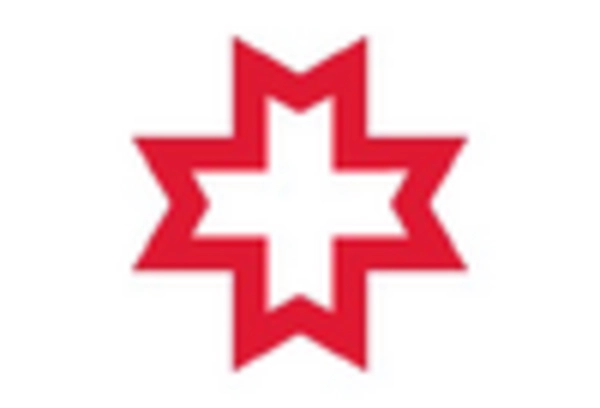


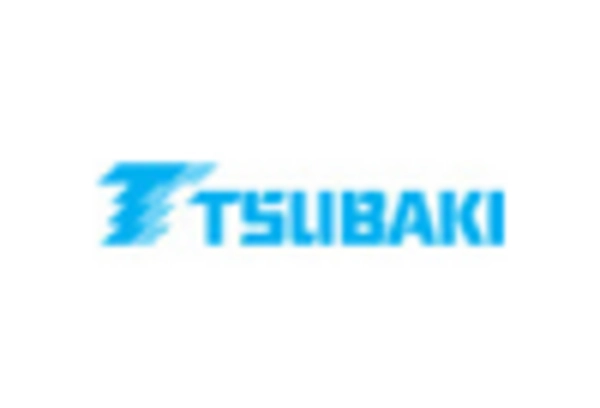









Leave a Comment